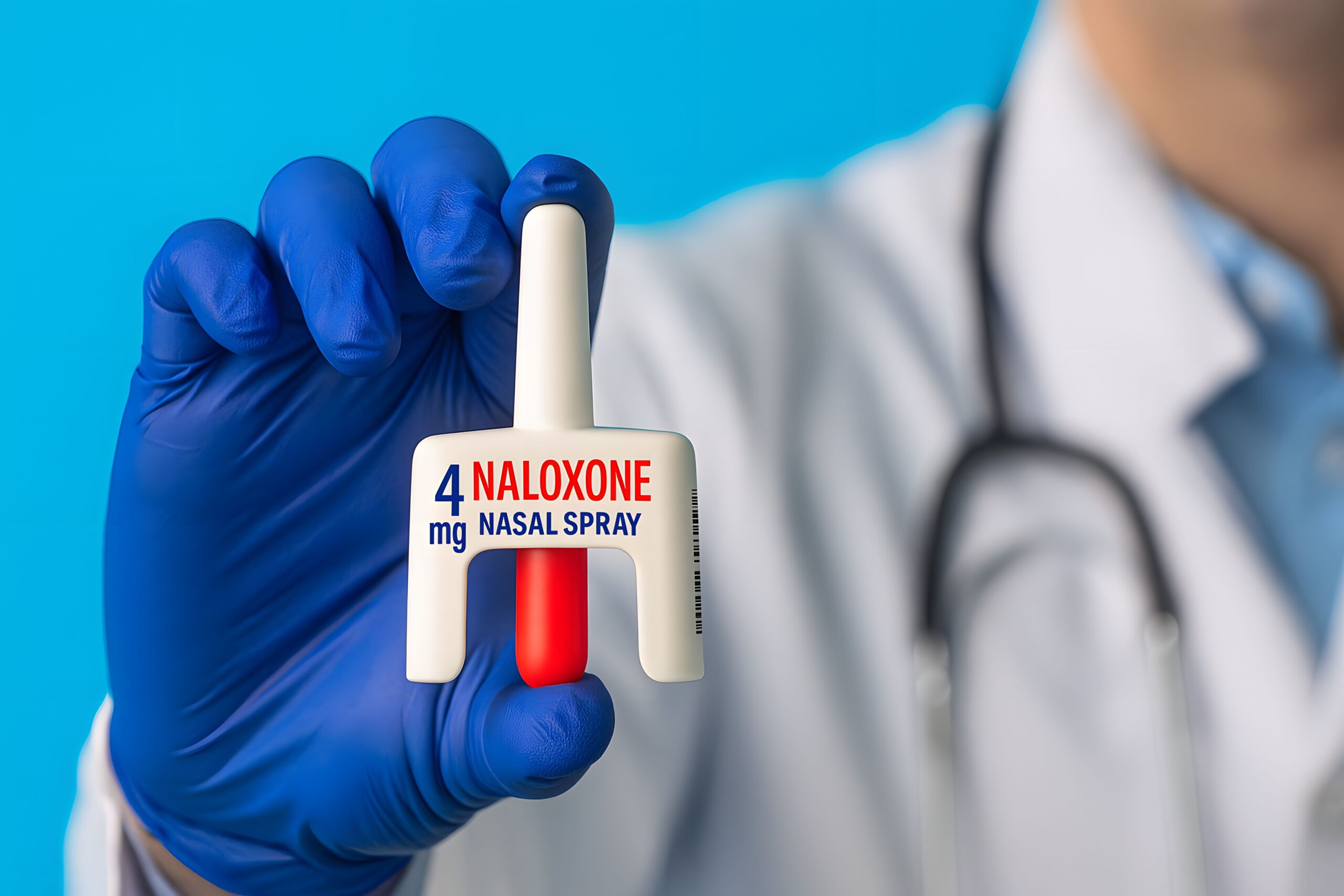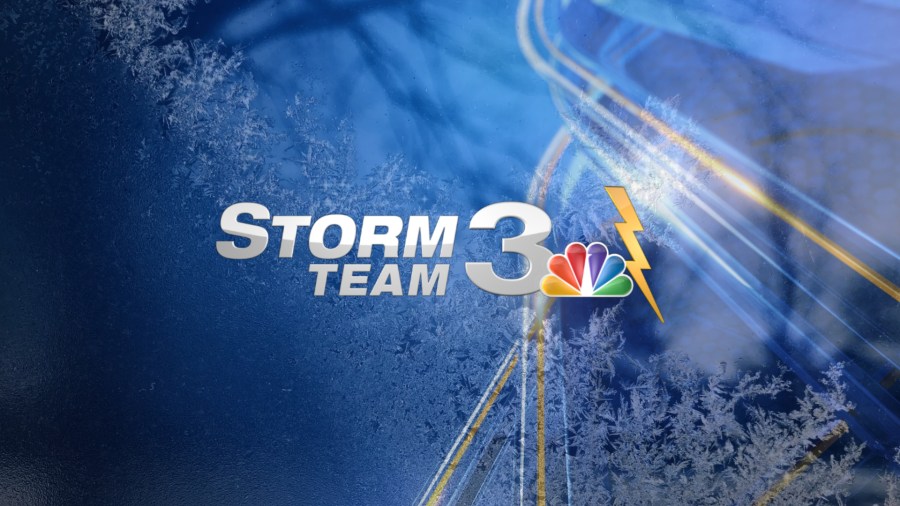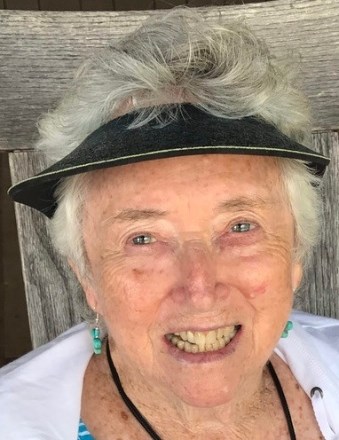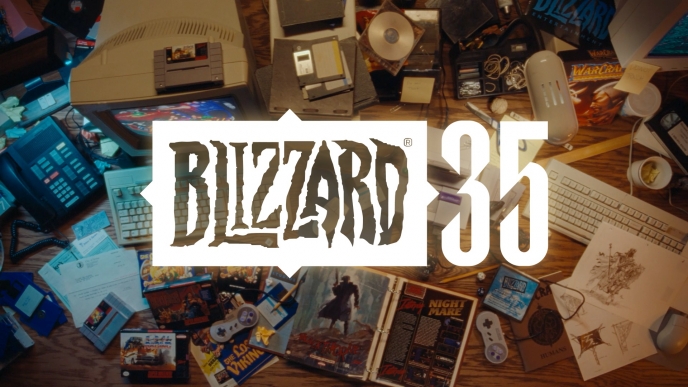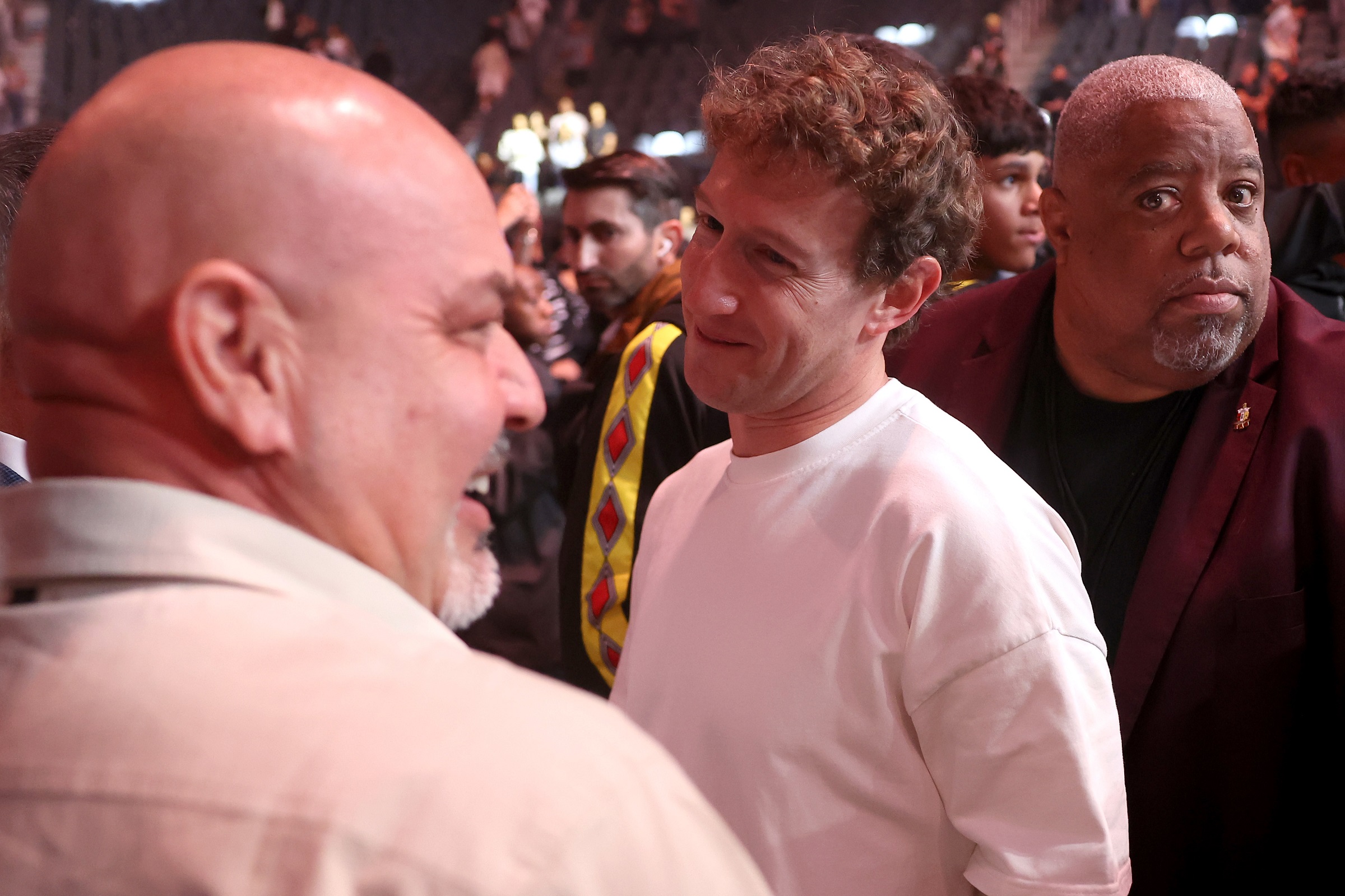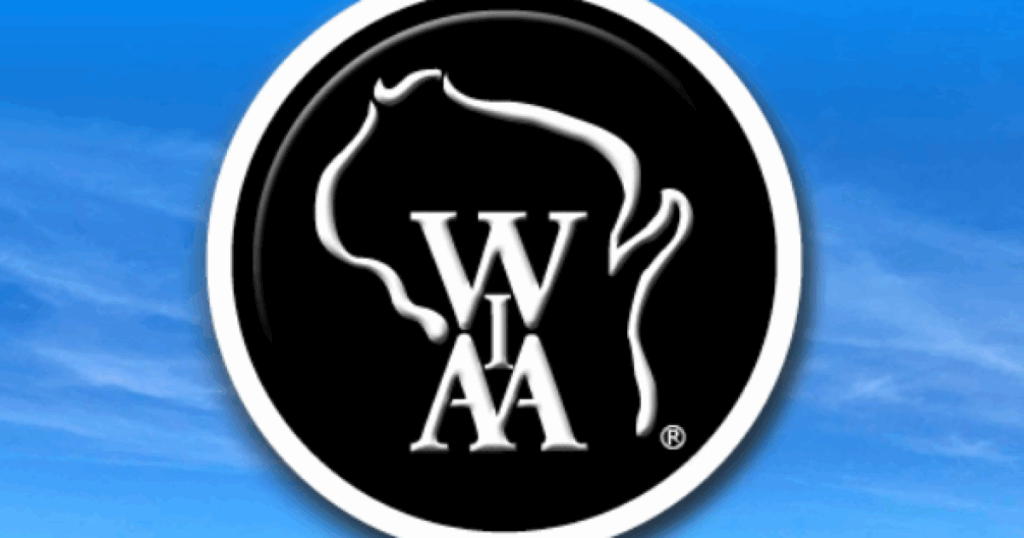
BREAKING: Wisconsin has officially joined the growing list of states allowing high school athletes to profit from their name, image, and likeness (NIL) as of April 2024. This pivotal change, backed by nearly 75% of the Wisconsin Interscholastic Athletic Association (WIAA) member schools, marks a significant shift in the landscape of high school sports.
This new policy comes in the wake of nationwide support for NIL rights, with 42 states and the District of Columbia already implementing similar rules. Athletic directors in Wisconsin acted swiftly to establish guidelines before state lawmakers intervened. Pewaukee athletic director Jeff Behrens emphasized, “As a membership, we wanted to say what that process looked like,” highlighting the urgency of the decision.
The WIAA’s NIL framework, however, is markedly different from collegiate policies. Mel Dow, WIAA’s associate director, stressed, “High school sports is amateur sports,” clarifying that while students can monetize their NIL, performance-based pay is strictly off-limits. “Our athletes cannot use their school names, uniforms, or mention they are Pewaukee athletes,” Behrens explained, ensuring a clear distinction between high school and college-level NIL.
As the first NIL deals start rolling out, Eido Walny, owner of Walny Legal Group, remarked, “It’s a nice opportunity for them,” but also cautioned that it might lead to “the Wild West here for a while.” The complexities of the new rules can be daunting for families. “Get a lawyer to help you, get an accountant to help you. This is business,” Walny advised, emphasizing the importance of understanding tax obligations and legalities involved.
Crucially, high school athletes are prohibited from forming NIL agreements with entities tied to their schools, such as local businesses sponsoring their athletic departments. This includes alumni-owned businesses, ensuring a clean separation between school affiliations and personal endorsements.
Additionally, any NIL opportunities must not be linked to school-sponsored activities. For instance, a student can promote a track club they participate in outside of high school, but cannot leverage their high school affiliation in marketing efforts.
While keeping athletic directors informed is not mandated, it is highly recommended. “Bring every deal to me and just run it by me,” Behrens stated. “We are here to support them,” added Tomczyk, reinforcing the collaborative spirit intended to prevent violations.
As this new NIL era unfolds in Wisconsin, schools may impose stricter rules. The WIAA sets the baseline but leaves room for individual institutions to adapt their policies. Athletes and their families are urged to maintain open communication with athletic directors as these developments continue to evolve.
This landmark decision not only empowers student-athletes but also introduces them to crucial lessons in entrepreneurship, communication, and financial literacy. “You get to see the student-athletes learn aspects that many parents want to see promoted,” Tomczyk noted, pointing to the educational benefits beyond sports.
For ongoing updates and detailed information on the WIAA’s NIL policy, click here. This story will continue to develop as more athletes enter this new landscape. Stay tuned for further announcements as Wisconsin navigates this groundbreaking transition.
